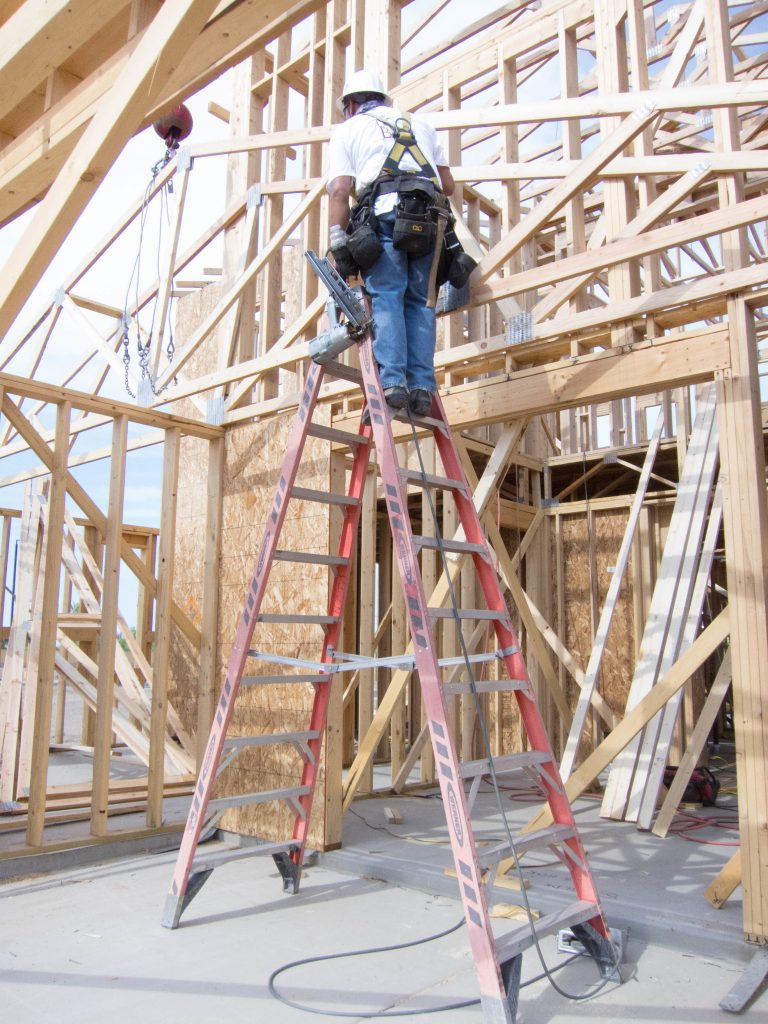Thinking of making some home improvements or planning some major renovations?
Whether you’re after a brand new bathroom or an open plan kitchen/living room layout, failing to plan or budget properly can cause real problems. Use our guide to help keep you on track.
What should you consider?
First ask yourself if you have the finances to complete the project. Your renovations may give you more space and make your home a nicer place for you and your family, but will it boost its value long term, or even to cover the costs of the work? Try an online property value renovation calculator, which will give you a rough idea of how much your project might cost.
Secondly, you’ll need to plan, plan and plan some more. To create a realistic budget, you’ll need to do your research. Contact a number of architects, engineers and builders and compare their quotes. Most architects will give you a one-off consultation, which is really worthwhile. Don’t forget to factor in the cost of the materials and add a contingency fund to cover any unforeseen expenditure. We recommend adding 10-20% to any quoted price.
What should you watch out for?
You may think you can save cash by undertaking some of the work yourself, but unless you’re a trained professional in the building or design trade, this is a bad and potentially costly decision, especially if you end up having to pay for damage to be put right. In some cases, building regulations state you must hire a professional and adhere to their advice.
- Beware of building cowboys and rogue tradesmen. Ensure you hire a reputable firm to carry out all works. The best way to ensure this is to use a firm that’s registered with the Federation of Master Builders (FMB). You can find certified electricians at NICEIC.
- Make sure that your budget covers every cost and when fees are payable. You shouldn’t pay anything in advance or respond to demands for cash payments.
- Ensure you check your home buildings insurance and inform them of your planned project as this could increase once the works begin, and you’ll need to ensure you’re covered.
Sticking to a budget
- It’s all about compromise and knowing when to save and when to splurge. Look at where you can make savings with budget-friendly options, and spend money on the most frequently used areas, like your kitchen.
- Don’t forget that the best-laid plans will always need that contingency fund. However careful your builder, and however fixed your agreed quote, you always need to have a little bit extra to cover any additional costs.
- Stick to your limit and don’t be afraid to ask where your money’s going. Ask for a breakdown and keep all your receipts and expenses. Oh and don’t forget to get a valuation once you’re finished!
